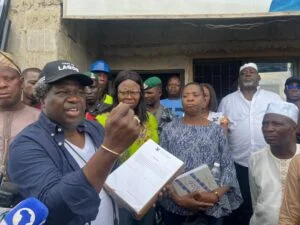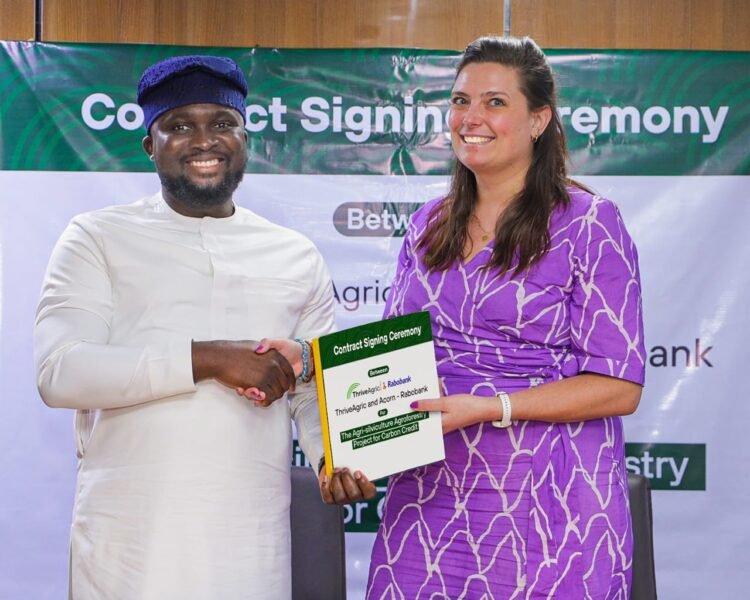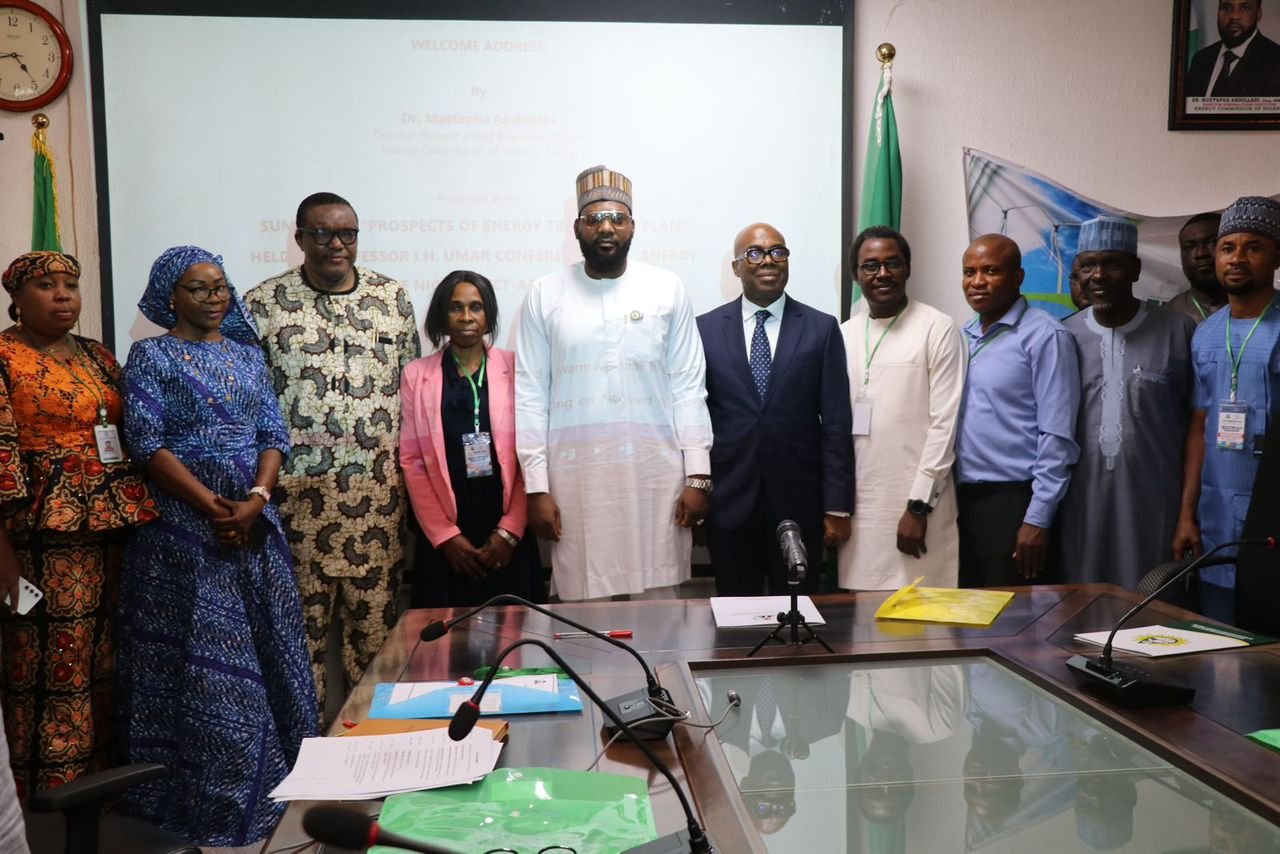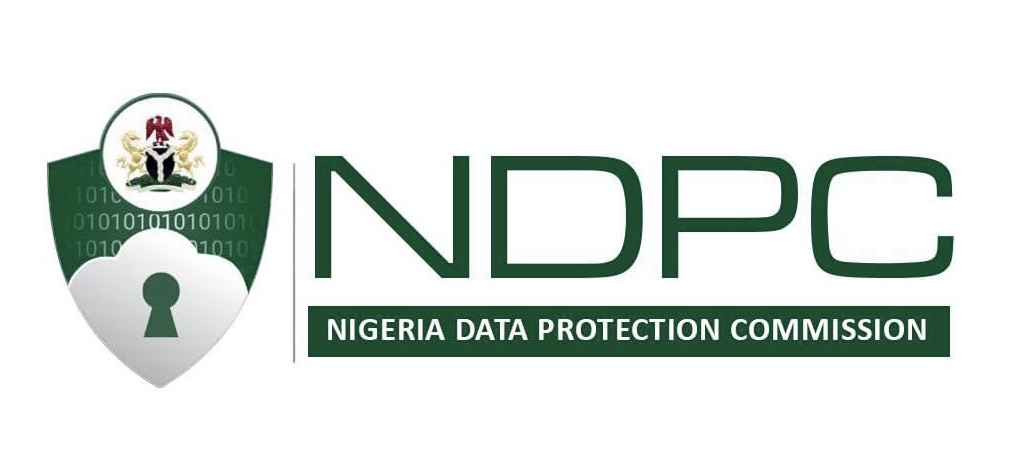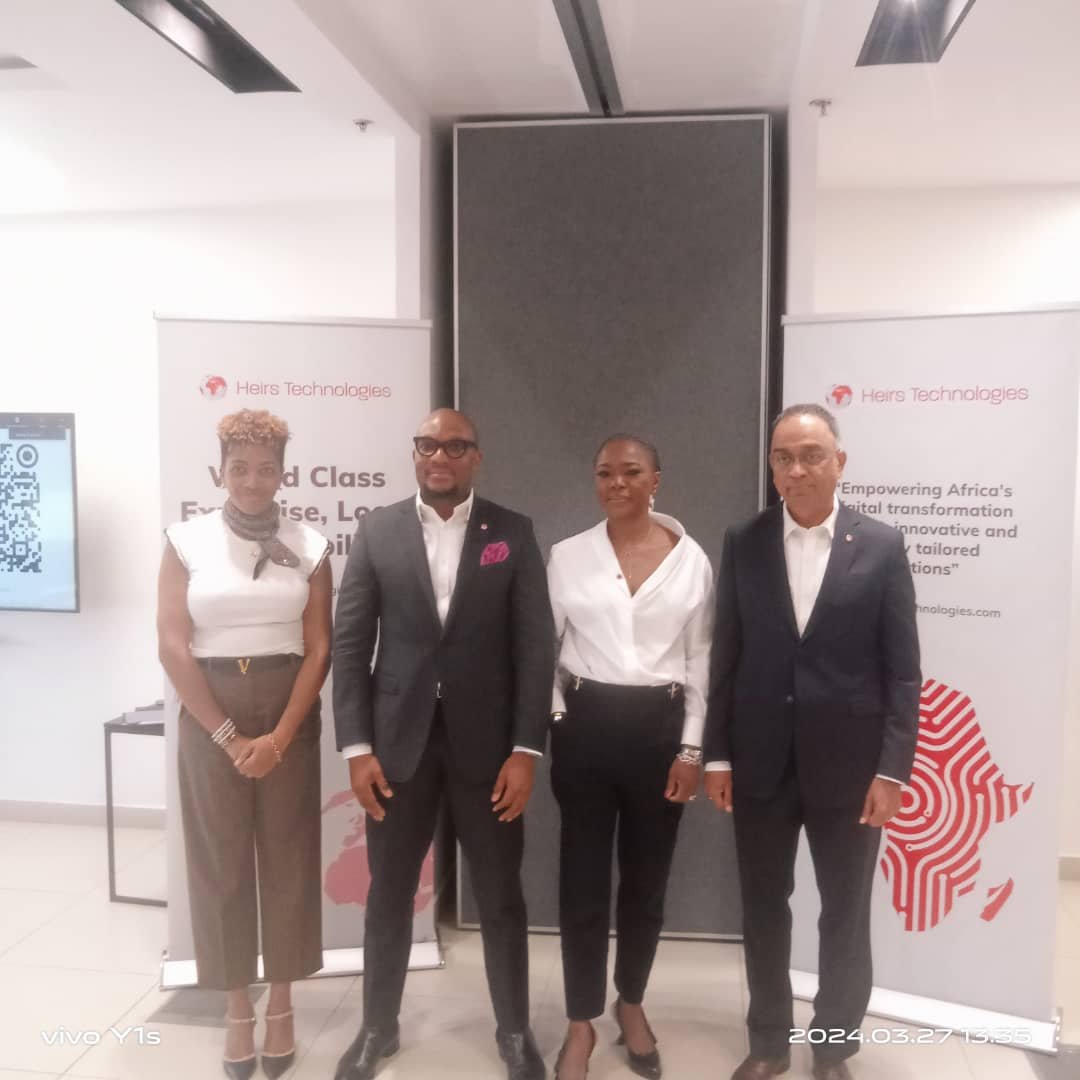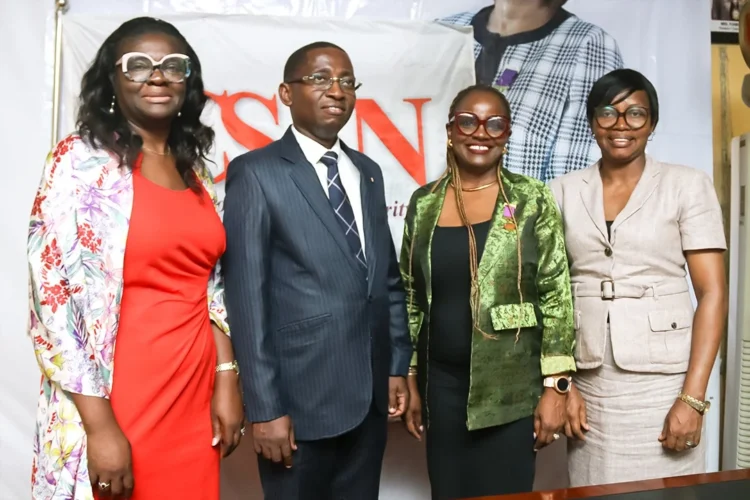LASG to develop Kotangowa Market into World-Class ICT Hub
By Lydia Ngwakwe
Dr Olajide Babatunde, Special Adviser to the Lagos State Governor on e-GIS and Urban Development, on Friday restated the commitment of the government to develop Kotangowa ICT market into a world class marketplace.
Babatunde disclosed this during an inspection of the area earmarked for the relocation of Ikeja computer village in the urban regeneration programme of the state government.
The News Agency of Nigeria (NAN) recalls the Lagos government had announced that the Computer Village would be relocated before the end of 2017.
Babatunde said that the contract of Bridgeway Global Project Ltd., former consultant for the market project had been terminated over two years ago.
He said that the government had taken over control of the project from the company and assigned it to the Urban Development Department in the Ministry of Physical Planning and Urban Development, headed by Mrs Bola Bello.
He said that Bridgeway had no right to continue to collect fees from traders at the market and urged them to desist from doing so.
The special adviser said that the government would ensure that any money illegally collected from the traders or shop owners was refunded, after proper verification.
He said that anything that had to do with project control should be in line with Lagos State Building Control Agency’s guidelines and regulations.
“Director from Urban Development, Mrs Bola Bello and her team will be the ones to represent the State Government on this market project till further notice and if you have anything to do on this market project, please liaise with her,” Babatunde said.
The General Manager, Lagos State Building Control Agency, Mr Gbolahan Oki, urged traders and sellers in the market to keep the place clean.
He urged them to avoid littering and any other actions that could make the environment unclean.
Oki advised them to keep the access roads to the market clear, to avoid traffic congestion.
He urged them not to pay any money for anything that was related to the market until further instructions were given, to prevent exploitation by unauthorised parties.
The general manager informed them that the government would be removing illegal structures built without proper permits to facilitate the proper development of the market.
Mr Ogunkelu Sylvester, Chairman of the State House of Assembly Committee on Physical Planning and Urban Development, said that the legislative branch was at the market to investigate issues raised by the market association in a petition.
He said that they would report their findings to the speaker for further decisions.(NAN)(www.nannews.ng)
Edited by Oluwole Sogunle



